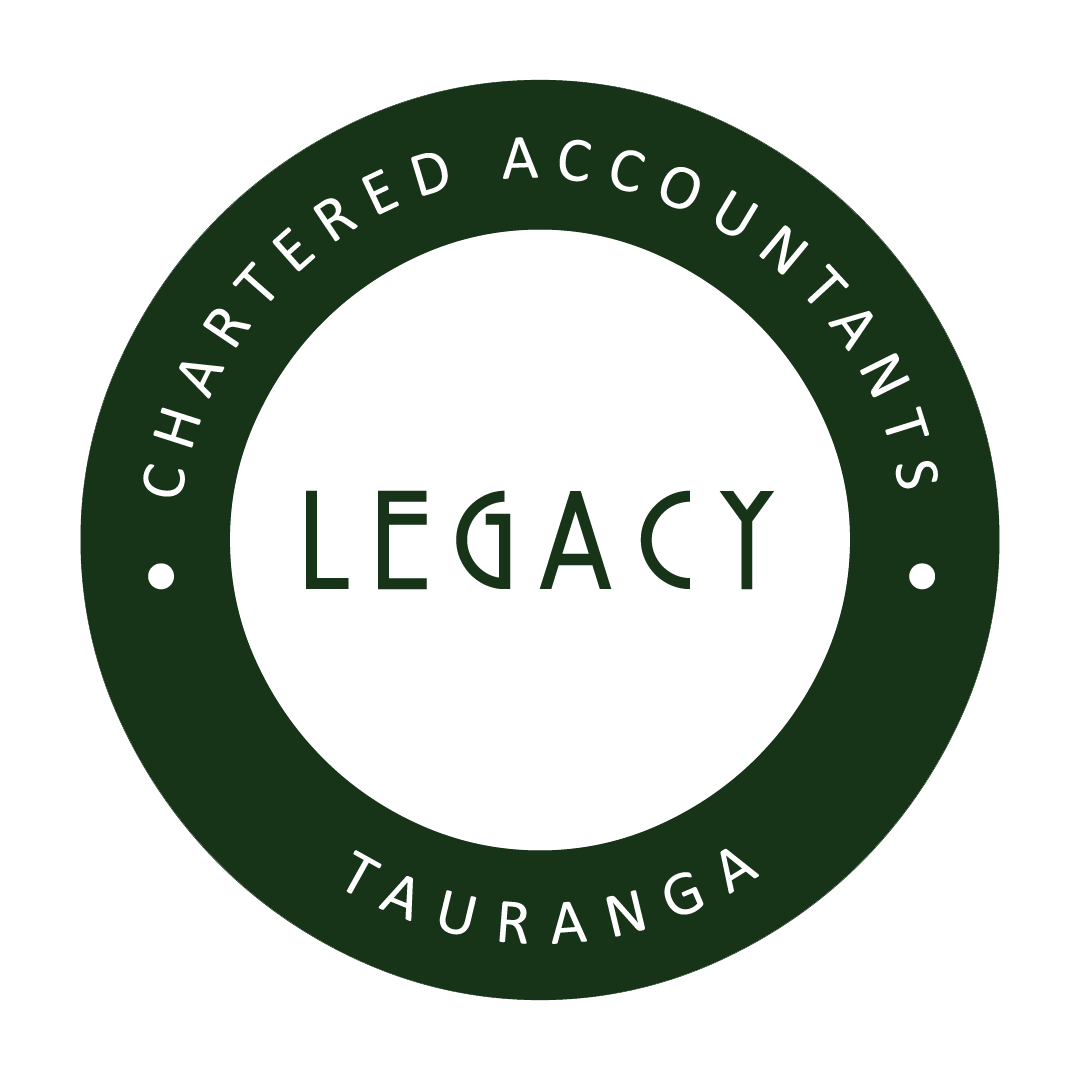Help - I am a Trustee... What does that mean?
Often when a trust is set up the trustees who are chosen are close friends or family members, which is understandable, as settlors want someone they know and trust to get the job done.The role of being a trustee can be very confusing for those who are unfamiliar with trusts. Because of this there is a real risk that some decisions made by novice trustees will inadvertently not be in the best interests of the trust or the beneficiaries.One of the benefits a trust confers is asset protection. However this protection can be lost if the trust is found to be a sham.Examples of cases where sham trust allegations have occurred include:
- Creditors seeking to have the court “look through” a trust and have the assets treated as personal assets (exposing them to creditor’s claims);
- Spouses making relationship property claims seeking to have the court “look through” a trust and have the assets treated as personal assets;
- The IRD making allegations that the trust is not real and asking the court to tax income as personal rather than as income accruing to trustees.
In order to avoid successful allegations of a sham trust, all trustees must satisfy the duties bestowed upon them at law.A brief summary of trustees' dutiesHere is a brief summary of what you should know (a more detailed trustee overview is included in our Trustee Overview):Minutes
- All transactions the trust engages in should be discussed at a meeting of trustees and should be recorded by minutes being passed as discussed above. Any professional trustee should be included in this meeting. All trustees, including the professional trustee, must sign the minutes.
Annual trustee meetings
- Trusts should hold an annual meeting of trustees and any matters discussed at that annual meeting should be recorded in the minutes. At the time of the meeting a review of all the assets and liabilities that the trust has should also be completed.
In general, all transactions the Trust engages in require resolutions. This includes but is not limited to:
- Opening a bank account;
- Purchasing a property;
- Borrowing money from;
- Giving a guarantee;
- Receiving advances from settler;
- Gifting;
- Selling a property; and
- Advancing money to a company.
Although often complex and confusing, if you satisfy your trustee duties and prepare the necessary resolutions and documentation, you will lessen the chances of successful allegations of a sham trust.As professional trustees the directors at Legacy work in this field every day and can give consideration to areas not always thought of by novice trustees. We can give our guidance and years of support, working with other professionals (if required) to maximise the decision making of trusts in areas like taxation, financial decision making and asset protection, securing the best outcome for the trust and the beneficiaries. Often we develop a close professional relationship with many beneficiaries, which enables us to independently assist trustees at times with difficult inter-family situations.This post is from Jason Lougher. Jason is a chartered accountant who moved back to the Bay of Plenty – his favourite part of the world – to work with small and medium enterprises. Jason’s passion is taxation and effective tax structuring, trust set up and intergenerational planning, Inland Revenue audits and tax disputes, and business development. Jason works closely with the other directors to combine their skill sets to achieve the best outcome for clients. Additionally Jason is on the NZICA Bay of Plenty Local Leadership Team and is a Business Mentor with Business Mentors New Zealand. Legacy Chartered Accountants has offices in Whakatane and Tauranga.
